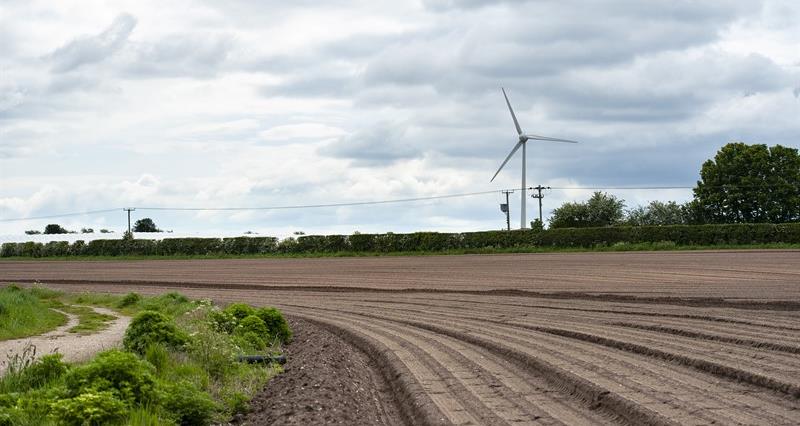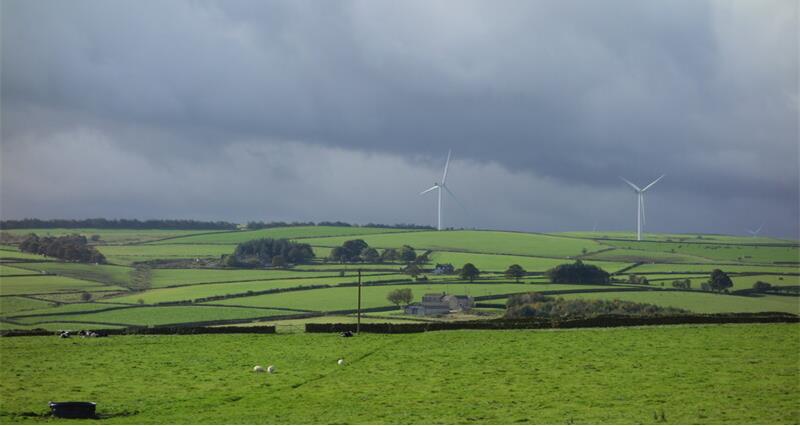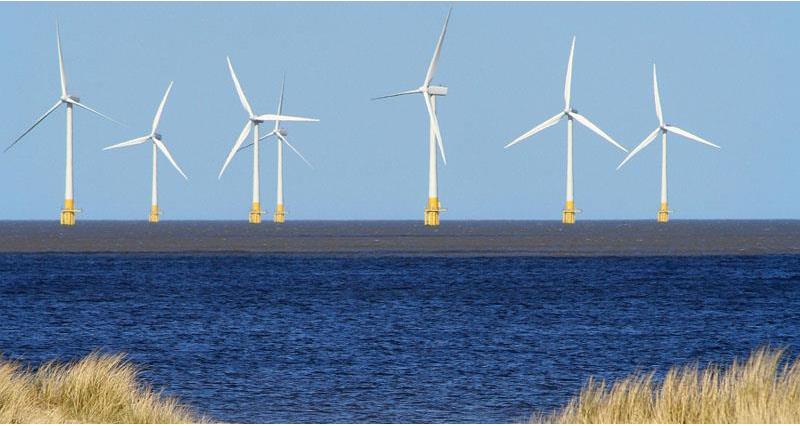NESO is the recently established National Energy System Operator – a new publicly-owned body that oversees electricity generation, demand and balancing across the UK.
In its first advisory report to the government on ‘Clean Power for GB by 2030’, NESO concluded that a ‘clean’ (net emissions-free) electricity system is feasible within the next five to six years (at least 95% low carbon, with an extra 5% credit for exported green electricity).
However, success depends upon rapid progress in both transmission and distribution grid connections, as well as planning, to deliver a diverse mix of low carbon electricity technologies.
NFU asks
This key energy policy document sets out the likely near-term future for the UK electricity system, and is expected to be adopted soon by government in the form of a Clean Power 2030 Action Plan.
Since it was commissioned in late August by DESNZ Secretary of State Ed Miliband and ‘Mission Control’ chief Chris Stark (formerly Chief Executive of the Climate Change Committee), the consultation on this short- to medium-term outlook has been hasty – but the NFU met with NESO staff in early October, and subsequently put forward our policy asks in writing (as summarised below), notably on faster and fairer local grid connections:
- NFU involvement in the government’s Solar Taskforce and Onshore Wind Industry Taskforce suggests to us that significant increases in low carbon generating capacity by 2030 are most likely to be delivered by solar power, together with more modest amounts of onshore wind, given typical project lead times over this period.
- We agree that installations at all scales from small to large should be supported to ‘plug and play’, in order to progress rapidly to a clean power system.
- Innovative engineering solutions to avoid dependency on network reinforcement already exist that can boost or make better use of existing grid capacity, and these need to be recognised and encouraged through the DNO (Distribution Network Operator) connection approval process.
- These include on-farm battery storage, export limiting equipment (various kinds of ‘Customer Limitation Schemes’ that comply with the engineering standard G100-2, including fast-acting reverse power relays and load diverters) and/or active network management (SCADA) delivered over mobile network or broadband rather than through data cables.
- The NFU does not think that tightening the requirements (and increasing the cost) for a connection request in the first place will help our members’ projects with faster and fairer connections, except in the longer term. We need the process itself to be made more transparent, so that the reasons for connection refusals or delays are clearly explained, and technical work-arounds can be investigated.
- DNOs, the local grid companies need to prioritise small and medium projects that are ready to connect and G100-2 compliant. The NFU strongly supports the ‘First Ready, First Connected’ approach.
Industry should be fully consulted
Going beyond this, the NFU would like DNOs to proactively encourage the use of battery storage, as well as innovative flexibility mechanisms such as V2G (‘vehicle-to-grid’), which may offer opportunities for large battery-electric agricultural mobile machinery to participate in grid balancing in rural areas.
Other market-based mechanisms to support clean power should include making more flexible electricity pricing options available for farms and rural SMEs, so that they can respond to market signals by time-shifting their use of electricity.
The NFU also held an introductory meeting in October with NESO staff responsible for their longer-term SSEP (Strategic Spatial Energy Plan), on which the NFU would like to be fully consulted as a key stakeholder, for both the main CSNP (Centralised Strategic Network Plan) as well as the RESPs (Regional Energy Strategic Plans).
We do not want our members to be bundled together with other ‘community stakeholders’ who are mostly concerned about the visual impact of new developments on the countryside.
Our interest is far more direct, as land occupiers on whose land energy infrastructure will be constructed, so we expect to be engaged with early in the process, with particular regard to our special interests.
The NFU must be allowed to participate fully in the SSEP Expert Advisory Group, since major energy infrastructure is most likely to be located in rural areas.
Mitigating measures such as sharing of common cable routes and schedules will be essential, as well the development of an undersea offshore network to relieve the need for so many underground cable connections across farmland.




